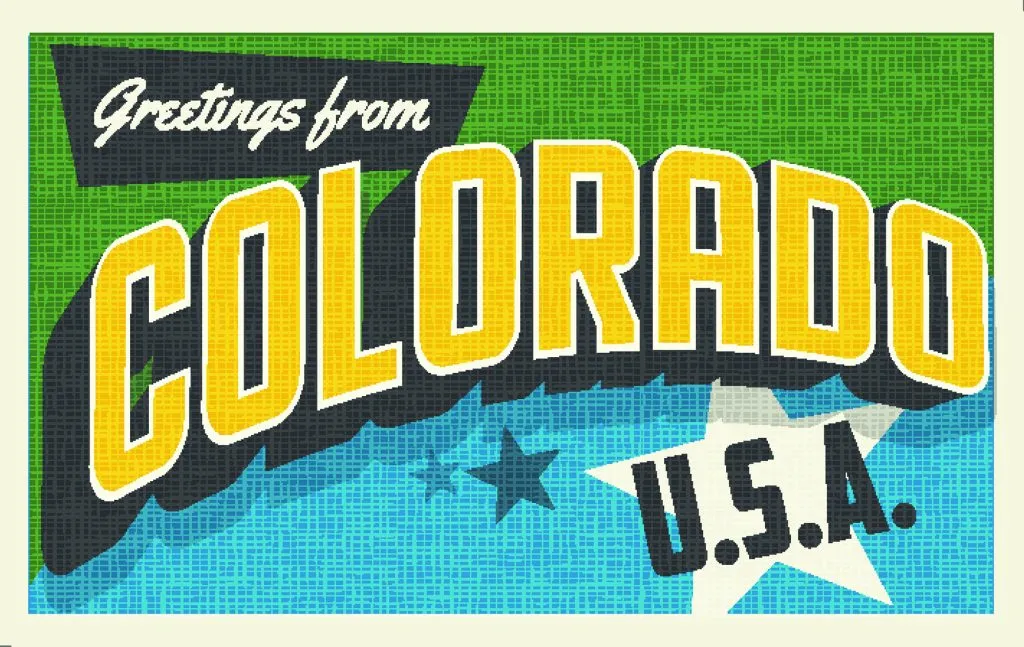Landlords in Colorado: What You Need to Know About the State's Anti-Price Gouging Law

February 26, 2022
3 min read
If you have a rental property in an area that's been affected by a disaster, you probably already feel a sense of extra responsibility to people looking for a place to live. You may even be feeling the effects yourself (and if you are, it’s likely there are resources available to help you). What you might not realize is that there may be extra legal responsibility as well.
At Zillow Rentals, we want to equip our Colorado landlord partners with information and resources regarding a Colorado law that prohibits charging excessive prices for certain essential products, goods or services during a disaster period*. According to the Colorado Attorney General’s office, housing is considered a necessity, and thus subject to the anti-price gouging law, so you’ll want to be aware of what that means for you when listing a rental.
What is Colorado’s law?
In 2020, Colorado enacted HB 1414, which amended the Colorado Consumer Protection Act to prohibit price gouging following declared disasters.
It established that a person engages in a deceptive trade practice if the person, within 180 days following the declaration of a disaster or disaster emergency by the president of the United States or the governor of the state and in the geographic area for which the disaster was declared, sells, offers for sale, provides, or offers to provide any of the items or services listed below at a price so excessive as to amount to price gouging.
It’s important to note that, according to the Colorado Attorney General’s Office, housing is considered a necessity and is covered by this law.
Items and services covered by the law are:
- Building materials
- Consumer food items
- Emergency supplies
- Fuel
- Medical supplies
- Other necessities (note: according to the Colorado Attorney General’s Office, housing is considered a necessity)
- Repair or reconstruction services
- Transportation, freight, or storage services
- Services used in an emergency cleanup
What if I need to increase rent to cover my additional costs?
The law recognizes there may be legitimate reasons to raise prices on essential goods and services, like rental housing, following a disaster. In general, the law provides that a price increase is not unreasonably excessive if the cost of providing the good or service has increased as a direct result of the disaster event and the price increase is attributable to those additional costs.
According to the Colorado Attorney General’s Office, unless a landlord can justify an increase in rent based on specific costs, the landlord runs the risk of violating the law during a disaster period.
We recommend consulting a local attorney to address any property-specific considerations.
What can I do to ensure legal requirements are followed after a disaster?
As a landlord, you should ensure you are aware of any existing emergency declarations at the state or federal level that may cover your rental property when you set your rent. If you allow your property to be sublet, please ensure your tenants are also aware that this law may apply to them (for example, if they are subletting the property on a short-term rental site).
Where can I find more information?
- More information is available at stopfraudcolorado.gov, and questions can be directed to the Colorado Attorney General’s Office at 800-222-4444.
- The Colorado Attorney General’s Office produced this overview which also helps explain the law in the context of the 2021 Boulder County fires.
Additional information if you have a property affected by the Marshall Fire
- If you or anyone you know has been impacted by the December 2021 wildfires, FEMA has made disaster assistance available to Marshall Fire victims, and they can begin applying for assistance by registering online at www.DisasterAssistance.gov or by calling 1-800-621-3362.
*Gov. Jared Polis declared a state of emergency on Dec. 30, 2021, when thousands of Coloradans were forced to evacuate due to the Marshall Fire. Under the law, the disaster period will last for 180 days from the date of declared disaster (June 28, 2022).
Create or manage your listings
Post your listing quickly and easily! Your listing will appear on Zillow, Trulia and Hotpads.
Create listingCreate or manage your listings
Post your listing quickly and easily! Your listing will appear on Zillow, Turulia and Hotpads.
Legal
Create listing